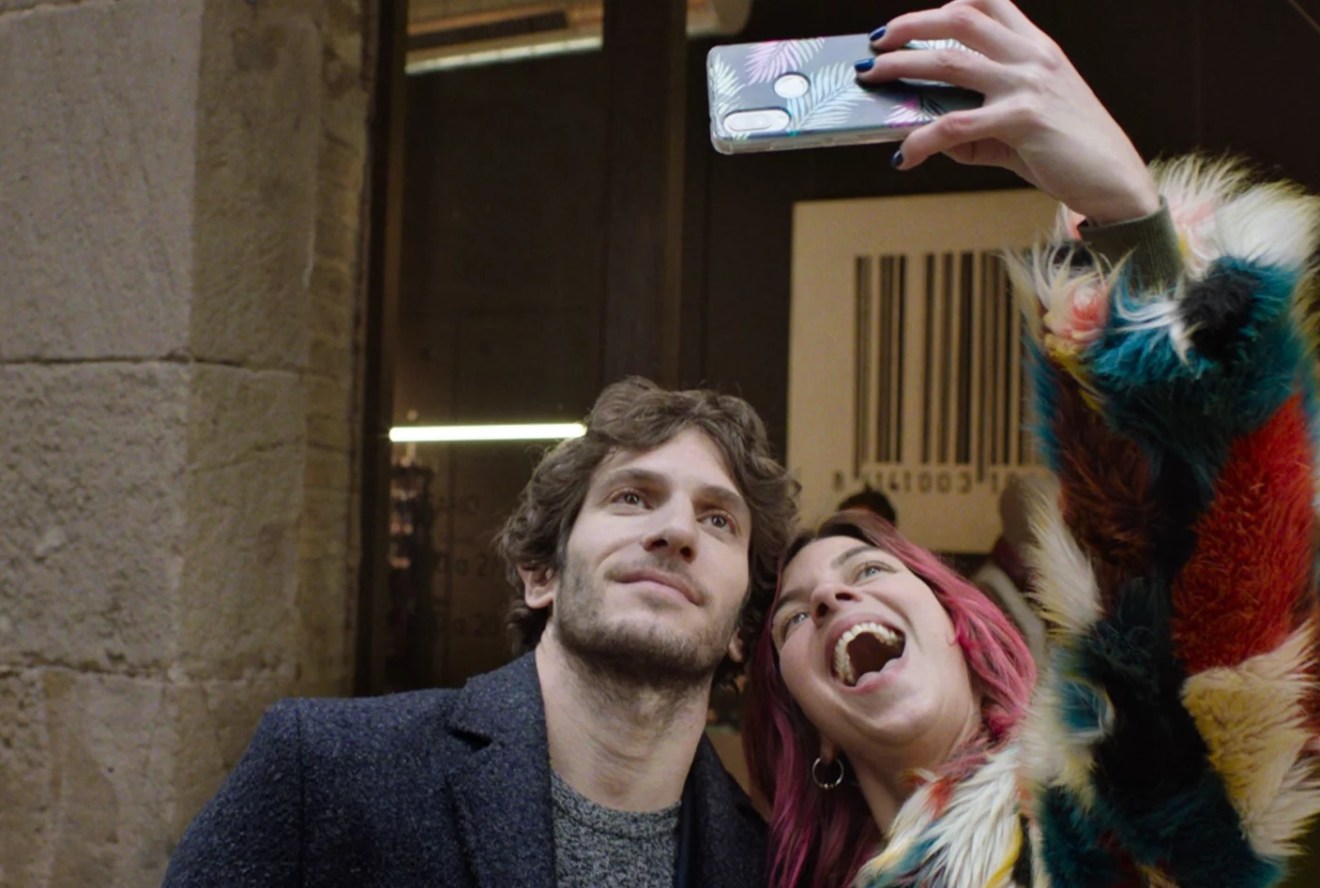Netflix’s ‘I Love You, Stupid’ is a romantic comedy that follows Marcos and Raquel’s story. They had met each other in school and got out of touch for fifteen years. When they meet again, Marcos has lost his girlfriend and job, and Raquel dyed her hair pink and has become attractive, as opposed to being weird when she was in school.
While Marcos tries to alter himself, so he can date again, spending time with Raquel makes him realize what it is that he really needs. Despite its too-good-to-be-true parts, there are things in the film that ring true with the contemporary world. From where does it gets the inspiration? Here’s what you should know.
Is I Love You Stupid Based on a True Story?
No, ‘I Love You, Stupid’ is not based on a true story. It is a romantic comedy written by Abraham Sastre and Ivan Bouso. Directed by Laura Mana, it follows the story of a heartbroken young man after his girlfriend dumps him on the night that he proposes her. The film relies on a lot of components that make any rom-com worth its genre.
The film’s ending is reminiscent of ‘Say Anything’, where John Cusack’s character tries to woo Ione Skye’s. However, the Spanish movie adds its own twists to the scene. Apart from the classic gesture with the boombox, the story adds its own intimacy to it. Marcos plays the 500 Miles song by The Proclaimers, the one that was in the mixtape that he had made for Raquel back when they were in school. The idea of him dancing was meant to show that he was finally breaking through his walls.
Apart from its romance theme, the film also focuses on what it means to be dating in today’s world. As often happens after break-ups, people either fall into the black hole of heart-break or decide to have a complete makeover, mostly to make themselves feel better and partially to make their ex jealous. Marcos goes through both of these emotions. We find him resorting to an online guru for guidance. As with everything else, people find answers to everything on Google.
The use of dating apps is another thing that the film picks up about modern relationships. Marcos’s dates comment on the façade that people have to create for themselves to be considered attractive. When Marcos starts to dress differently and completely changes himself, people start noticing him in the office. On the dates, either he is hiding something (like the fact that he lives with his parents) or his date is not clear on some details about themselves!
While his transformation works wonders for himself, his friend Diego becomes concerned. When he sees Marcos focusing on his body (and that of others), finds him plucking his eyebrows, and using a Korean face-mask to keep his skin smooth, he worries that his friend is turning into a woman. With the change in Marcos, he finds his own masculinity challenged. With this arc, the film poses the question of why it is considered unmanly for a man to want to take care of himself that way. Is watching sports mandatory to be qualified as a man?
Read More: Review: I Love You Stupid

